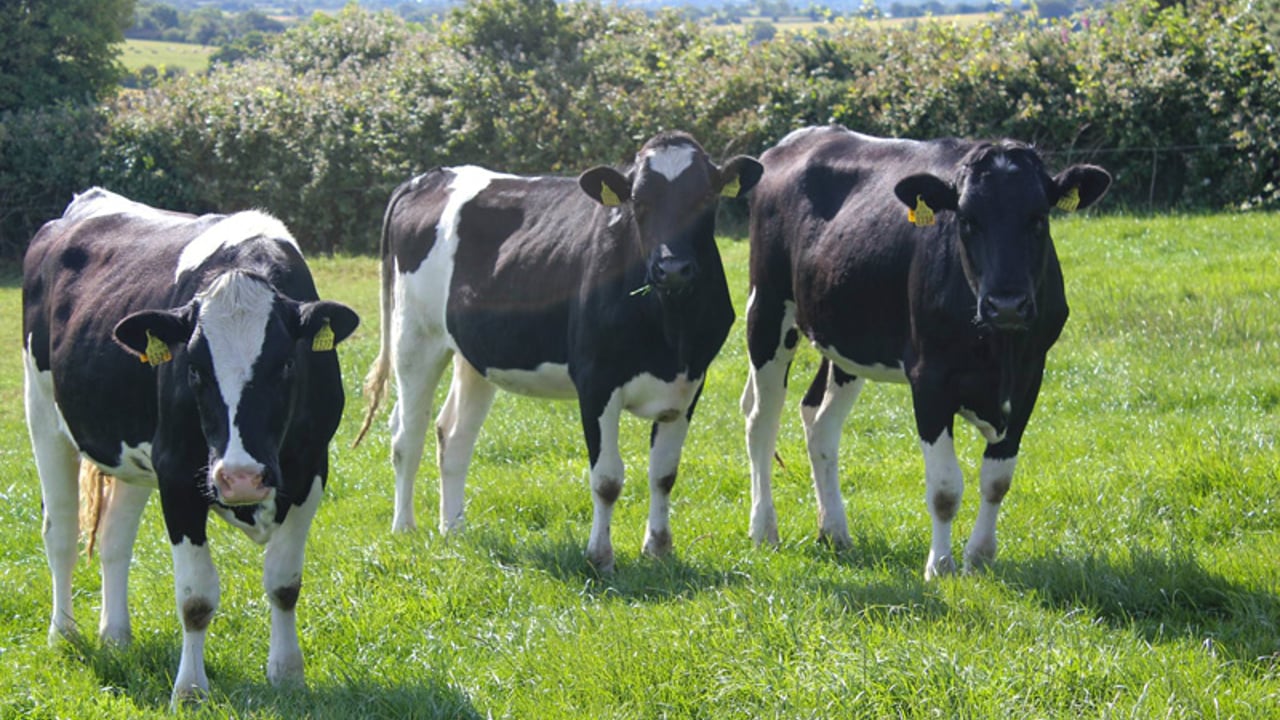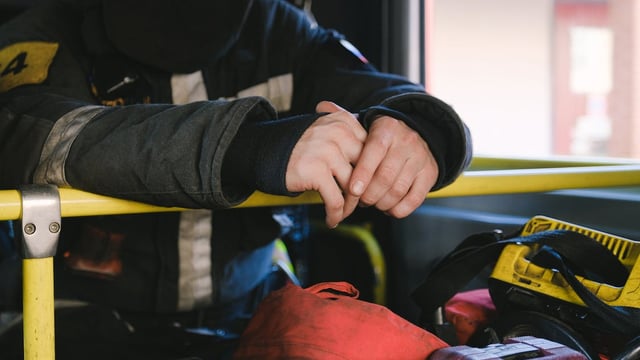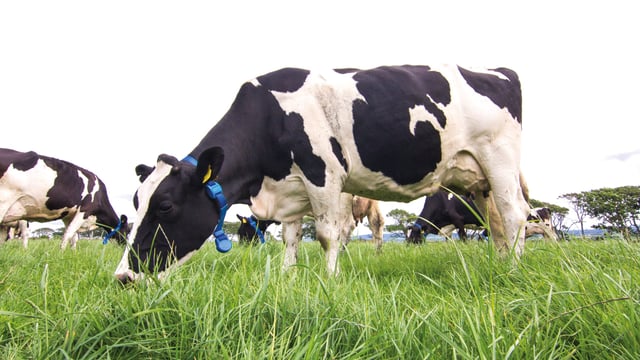ICOS: Trends in dairy herd replacements a 'serious wake-up call'
The Irish Co-operative Organisation Society (ICOS) has described the data on dairy herd replacements as a serious 'wake-up call'.
The Irish Cattle Breeding Federation (ICBF) data was presented to the Department of Agriculture, Food and the Marine (DAFM) Calf Welfare Shareholder meeting held this week.
The number of dairy female calf registrations is down by 12.5% in 2025, when compared to 2024 figures. In addition, the number of first calved heifers has declined by by 9.5% year-on-year.
This combination of a sharp decline in both dairy female calves and first-calved heifers suggests that the market for dairy heifers is likely to be very strong over the next few years.
In a press release, the ICOS said: "In the very near future, the number of dairy replacements will not be enough to sustain the dairy herd at present levels."
With the breeding season in full flow, ICOS is encouraging all farmers to "seek appropriate advice and to consider using the optimal level of dairy artificial insemination (AI) this year to ensure they are breeding sufficient replacements for their herds".
The society is also encouraging farmers to be mindful of the rising incidence levels of bovine tuberculosis (TB) by selecting for TB resistance as part of their breeding policy.
ICOS believes the data presented by the ICBF needs to act as a "serious wake-up call" to the government.
"There is an urgent need to bring certainty to the sector by retaining the Nitrates Derogation and to bring forward immediate policies to address the challenge of generational renewal in the sector," the society said.
ICOS also believe that these stark figures are an added warning to the drop in cow numbers in the coming years, so all steps need to be taken to reduce incidence rates of bovine TB.
ICOS represents co-operatives across Ireland, including dairy processing co-operatives and livestock marts.
These organisations collectively generate approximately €16 billion in turnover, with 175,000 members and employment for 12,000 individuals in Ireland, plus an additional 24,000 overseas.
In total, Ireland has around 1,000 co-ops, with the largest 100 employing roughly 40,000 people.





